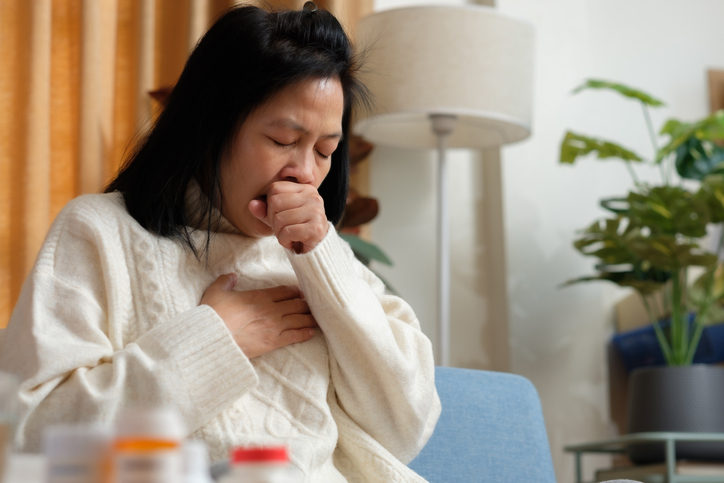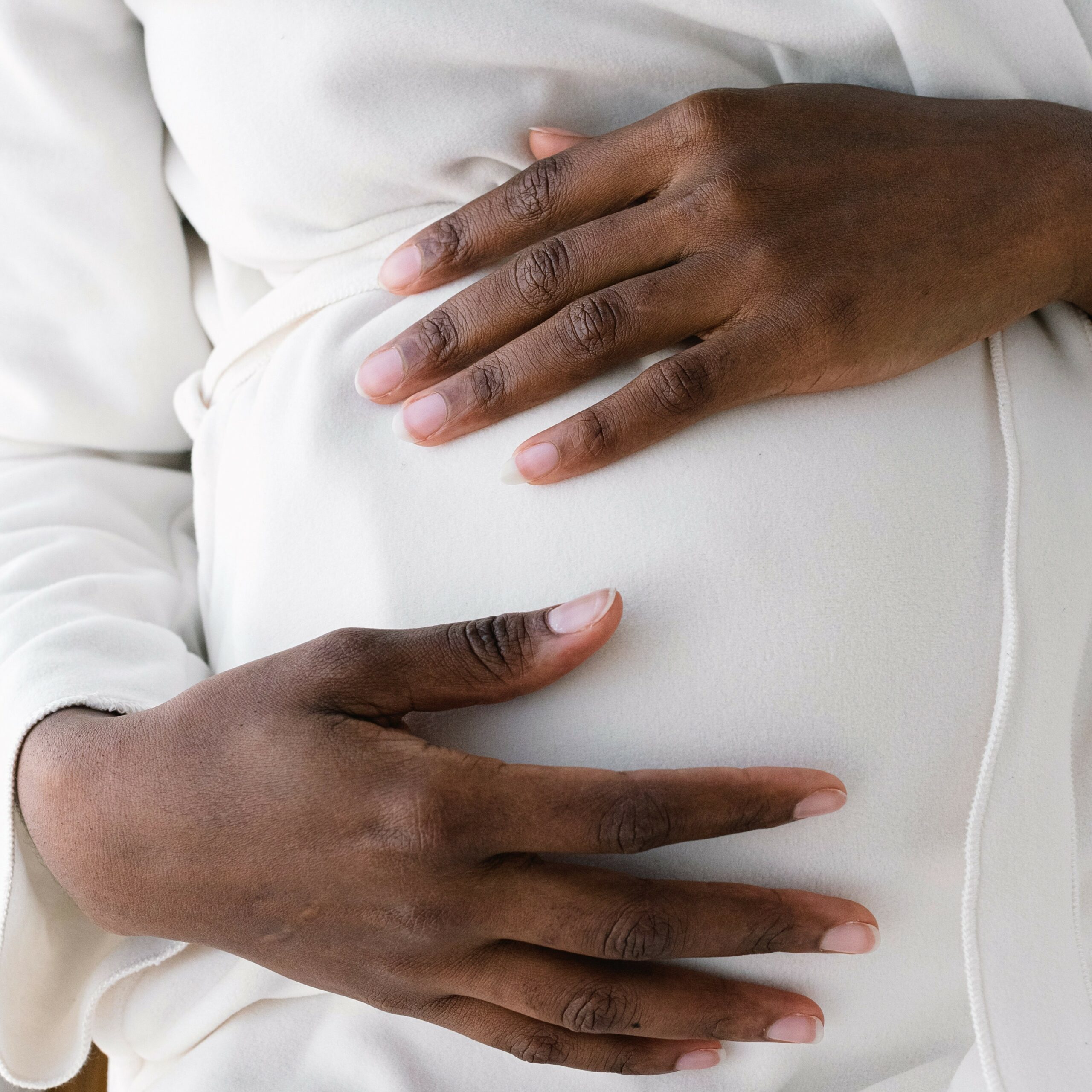13th May 2020
In times of uncertainty safety netting is an important part of the primary care consultation and referral process. When followed correctly, safety netting can help ensure patients are monitored appropriately and follow-ups take place where required. This can be particularly important when monitoring vague and undifferentiated cancer symptoms.
GatewayC’s ‘Improving the Quality of Your Referral’ course includes an interview with GP trainer, Dr Pawan Randev, discussing best practice in clinical and administrative safety netting.
Key points from the interview include:
- The importance of communicating with patients about what to do if symptoms don’t improve or change
- What systems can be adopted at practice level to ensure that administrative safety netting is fully implemented
- Setting timescales to distinguish between a self-limiting illness and symptoms which are indicative of a more serious underlying condition
Find out more:
- Access GatewayC’s ‘Improving the Quality of Your Referral’ course here
- Read Cancer Research UK’s safety netting guide for GPs and Practices



